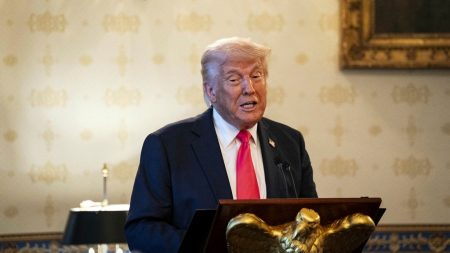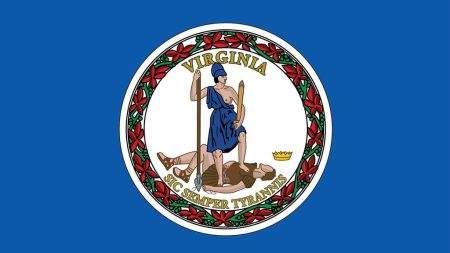Elon Musk’s Christmas Eve call to cease donations to Wikipedia, which he dubbed ”Wokepedia,” ignited a discussion about the online encyclopedia’s political neutrality. Musk’s critique, fueled by a post from the right-wing account Libs of Tiktok, alleges that Wikipedia dedicates a significant portion of its budget to Diversity, Equity, and Inclusion (DEI) initiatives, implying a left-leaning bias. However, closer examination reveals a misunderstanding of Wikipedia’s financial allocation.
Musk’s claim originates from a Libs of Tiktok post misrepresenting two budget items from Wikimedia’s annual report. The first item, categorized as ”equity,” focuses on attracting contributors from diverse backgrounds, including a variety of political viewpoints, to ensure a broader representation of perspectives on the platform. This aligns with Musk’s own stated desire for an open and inclusive platform, exemplified by his vision for Twitter/X. The second item, categorized as ”safety and inclusion,” centers on legal efforts to protect free speech, prevent censorship, and advocate for open access to Wikipedia. This too, seemingly resonates with Musk’s self-proclaimed commitment to free speech.
The controversy highlights the complexities of maintaining neutrality in a crowdsourced information platform like Wikipedia. While Musk’s critique centered on a perceived left-wing bias fueled by DEI spending, the actual expenditures are aimed at broadening participation and protecting the platform’s openness. This misunderstanding underscores the importance of verifying information before disseminating potentially misleading claims, especially on a platform with the reach of Musk’s X (formerly Twitter).
The debate regarding Wikipedia’s neutrality is not new and has been the subject of numerous studies. While some studies suggest a slight left-leaning bias in source selection and article framing, the evidence doesn’t support Musk’s claim of an overwhelming ”woke” influence. Conversely, a clear imbalance exists in contributor demographics, with overrepresentation from men and Western countries. This demographic skew, rather than a political agenda, is the primary driver behind Wikimedia’s efforts to diversify its contributor base, which Musk’s critique inadvertently jeopardizes.
The impact of Musk’s comments on Wikipedia’s fundraising efforts remains uncertain. While Wikimedia has not yet disclosed any changes in donation patterns, a counter-movement on social media has emerged, with individuals donating specifically in protest against Musk’s stance. This reaction suggests that Musk’s attempt to discourage contributions may have backfired, potentially leading to an increase in donations rather than the intended decrease.
The episode underscores the challenges of maintaining neutrality in the digital age, particularly on platforms reliant on user-generated content. Wikipedia, despite its open-source nature and volunteer-driven structure, strives to maintain a balanced and objective perspective. The ongoing debate highlights the need for continuous scrutiny, critical analysis, and a commitment to inclusivity in ensuring the accuracy and impartiality of online information resources. While controversies like this can be disruptive, they also offer an opportunity to reaffirm the importance of supporting platforms committed to knowledge accessibility and the free exchange of information.














